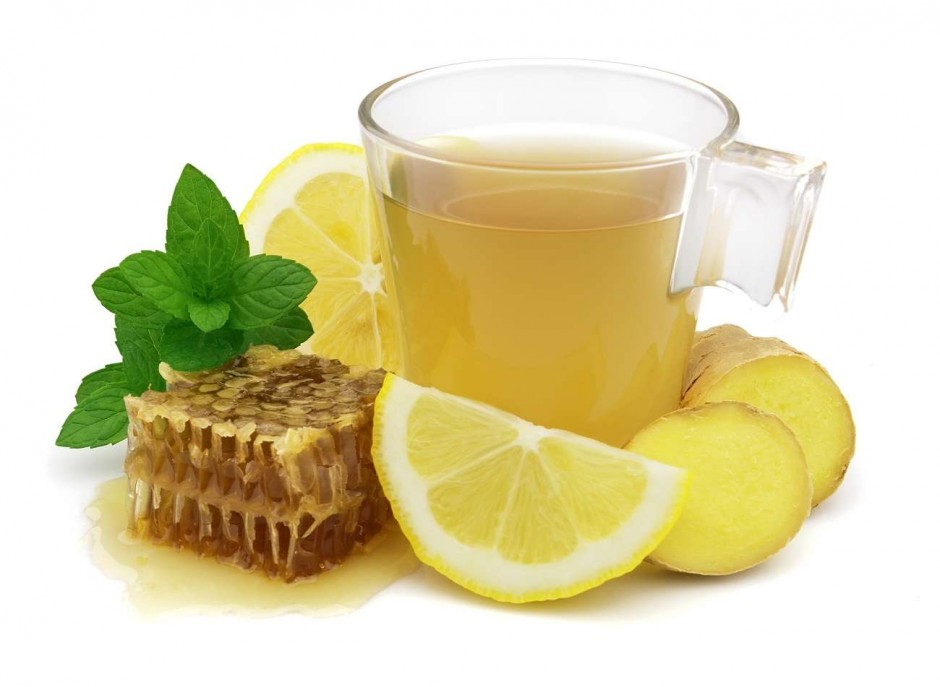From putting butter on burns to headbands that cure headaches, the world is full of home remedies – most of which are total rubbish. That doesn’t mean they’re all snake oil, though. Here are six reliable home remedies for common maladies.
A pencil for tension headaches
When we are stressed, we tend to clench our jaws, which can lead to a tension headache – never a pleasant experience. To stop a tension headache in its tracks, take a pencil and place it horizontally between your teeth. Don’t bite down – just leave the pencil there with enough resistance to keep it in your mouth. This forces your jaw to relax, stopping the tension headache before it even starts. It’s cheaper and healthier than taking pain killers, which can cause a massive number of health problems if abused.
Yoghurt for bad breath
Suffering from bad breath or halitosis is both unpleasant and embarrassing. But not to worry – there is an easy and healthy solution to your problem. Yoghurt, particularly of the plain or natural variety, contains numerous good bacteria. And since bad bacteria are the cause of bad smells, it stands to reason that the good bacteria in yoghurt cancel out the bad bacteria that are causing your bad breath. Unsweetened yoghurt is also much better for your teeth than gum or boiled sweets, and it’s tasty too.
Lemon balm tea for cold sores
If you are prone to cold sores, you know that, like family, November and December are the months that cold sores are most likely to drop by for a visit. The cold weather paired with the stress of the upcoming festive season wreaks havoc on your immune system, and these nasty buggers will start to take hold. “Lemon balm tea has antiviral properties that work to tame herpes outbreaks”, says James Duke, PhD and author of The Green Pharmacy. Prepare the tea by brewing two to four tablespoons of the herb per cup of boiling water. Let it cool, then dot with a cotton ball on the cold sore several times a day.
Olive oil for eczema
Those of us who suffer from eczema know that it’s no joke. It is incredibly uncomfortable, and it can get in the way of even the simplest day-to-day tasks, like wearing jeans if you have it on your legs, or using your phone if it affects your hands. The good news is that there is an easy and inexpensive treatment. “Soothe flare-ups by applying olive oil directly to the irritated area”, says Christopher Dannaker, MD, assistant professor of dermatology at the University of California San Francisco. Packed with antioxidants, it can reduce the inflammation. It is the basis for many store-bought moisturisers, but when used alone, it helps you avoid the chemical irritants common in store-bought moisturisers.
Olives for motion sickness
Living a fast-paced city life means that many of us don’t have time for motion sickness. How can you pull over the car or get out of a train if the motion is making you nauseous when you are on your way to an important meeting? Not only are olives tasty and add a bit of flavour and texture to your Greek salad, they also have compounds that dry your mouth of the excess saliva caused by motion sickness, which will make you feel instantly better. The only downside is you might get some strange looks for carrying a jar of olives around in your handbag or briefcase.
Sugar for hiccups
We’ve said a lot against sugar in previous issues of The Best You, but it seems that it does have some good qualities as well. We all know how annoying it is when you get a bad case of the hiccups that just won’t go away no matter how many counts you hold your breath for or how many glasses of water you drink. Sugar is believed to modify the nerve muscles that would otherwise tell the muscles in the diaphragm to contract spasmodically and contribute to hiccups. So, to paraphrase Mary Poppins, “Just a spoon full of sugar makes the hiccups disappear.”




